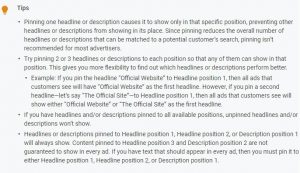You may consider yourself a paid search marketer, but columnist Josh Dreller explains why “data scientist” may well be a fitting label.

A standard definition for the job described as “data scientist” hasn’t yet been agreed upon, but the common denominator among the various interpretations out there identifies three key skill sets:
- An understanding of data (what it is, how it’s collected and its meaning).
- The ability to manipulate it to derive insights.
- Connecting data insights to real-world value and communicating it clearly to non-data people.
Is that not what you do every day?
An Understanding Of The Data
1. Working With Metrics
Search engine marketing, whether organic optimization or paid placements, has a defined set of metrics that need to be understood at a language level of native proficiency.
If you don’t understand what those metrics are and why they are important, then you just can’t be a search marketer.
And it’s more than just knowing what they are. Anyone can learn what a bounce rate or click-through rate is, but what makes SEMers data scientists is they understand how these metrics were captured, the math behind them and what their value is to marketers.
Professional search marketers can easily take a quick glance at a table of these metrics and understand if they’re good, bad or ugly.
Data is a key language of your world. You are a data scientist.
[Read the full article on Search Engine Land.]
Some opinions expressed in this article may be those of a guest author and not necessarily Marketing Land. Staff authors are listed here.
(Some images used under license from Shutterstock.com.)
Marketing Land – Internet Marketing News, Strategies & Tips
(22)
Report Post






